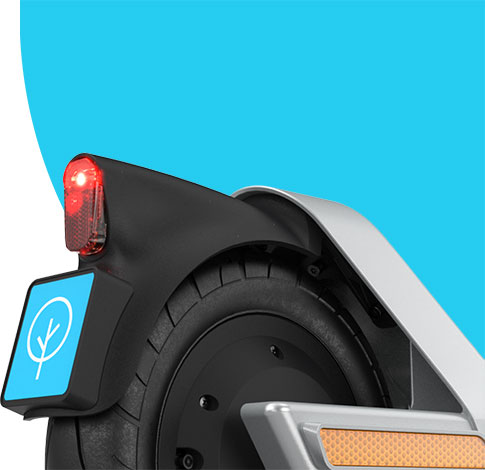It’s been 2.5 years since the world’s first shared electric scooters were launched on the streets of Santa Monica.
In the wake of the unprecedented global interest in micromobility that’s followed, an extensive amount of safety research has been conducted—information that city officials, medical professionals and urban planning experts are now using to improve how people move around their communities.
Bird and the RAND Corporation brought together 50 such experts on March 4th to participate in a Safe Streets Micromobility Roundtable discussion in Los Angeles. In a collaborative effort to transform research data into actionable insights, the presenters and participants, including University of Tennessee professor Chris Cherry, Head of New Mobility at SAE International Annie Chang and Miami Public Works Director Alan M. Dodd, identified four key objectives to help improve road safety and make cities more livable:
1.) Accelerate the rollout of improved infrastructure
There was a strong consensus among presenters and participants that safe infrastructure like protected bike lanes is the most impactful way to improve safety for all road users. Such efforts take time, however, and must be undertaken in parallel with other safety initiatives and responsible data-sharing practices.
2.) Improve education of both car drivers and e-scooter riders
Education is key, both for those who use e-scooters and for those who don’t. Operators, safety professionals, advocates and cities must work together to define and communicate a lawful standard of conduct when operating a scooter. Similarly, it’s critical that drivers are educated on best practices for sharing city streets with more vulnerable road users. Research from presenter Annie Chang has shown that motor vehicles are the cause of the most serious e-scooter related injuries—a reason Bird is so strongly committed to Vision Zero.
3.) Continue to advance vehicle design with safety as top priority
As the micromobility industry continues to grow, vehicles can and should be designed to maximize safety and minimize single vehicle crashes. Bird’s custom designed and engineered vehicles, including our newest scooter model, Bird Two, were built with this vision in mind. Bird Two combines hardware enhancements like dual disk brakes and improved steering geometry with software enhancements like self-reporting damage sensors that put rider safety front and center.
4.) Protect rights of way for pedestrians and the disabled
Scooters and other light shared electric vehicles afford significant mobility benefits, but they can also be a detriment when they block access ramps or pose tripping hazards. While studies show that only around 2% of scooters are improperly parked, advocates stressed the need for continued engagement with operators to ensure that these problems are addressed and that initiatives to preserve pedestrian and disabled rights-of-way are properly measured.
To help meet these objectives and move the industry forward, Bird has added new members to our Global Safety Advisory Board (GSAB) that was created in 2018 under the leadership of David Strickland, the former head of the U.S. National Highway Traffic Safety Administration.
The GSAB has already led a series of safety-focused initiatives that have resulted in positive action, including global s.h.a.r.e. community events, rider pledges, Helmet Selfie and more. Together with these new members and our internal Safety Advocacy team, we’ll continue to lead the industry in creating programs, products and campaigns that increase safety for both micromobility riders and those who share the urban streetspace with them.
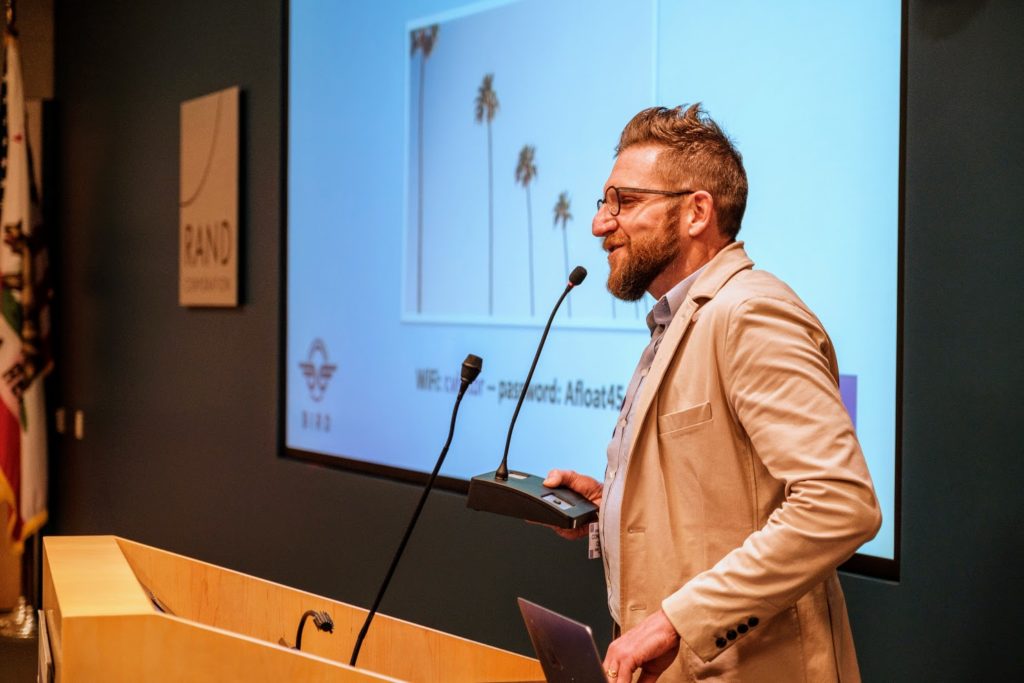
Bird’s 2020 GSAB members are:
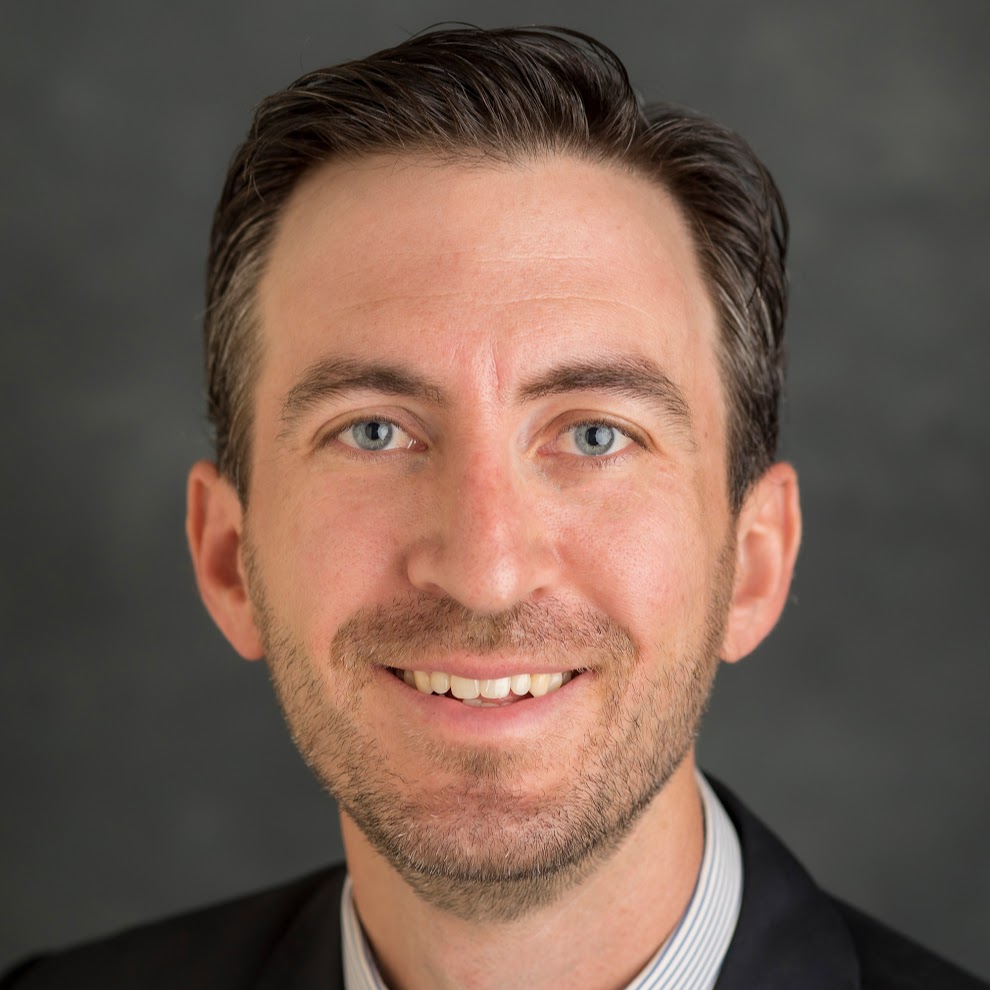
Chris Cherry, Professor at the University of Tennessee
Professor Chris Cherry received his PhD in Civil and Environmental Engineering from the University of California, Berkeley in 2007. He’s a member of the Institute of Transportation Engineers, the Transportation Research Board (where he chairs the joint subcommittee on emerging technologies), the American Society of Civil Engineers and a licensed PE in Tennessee. Recently, Chris was awarded an NSF Career award for his work on the sustainability implications of various motorization pathways in China.
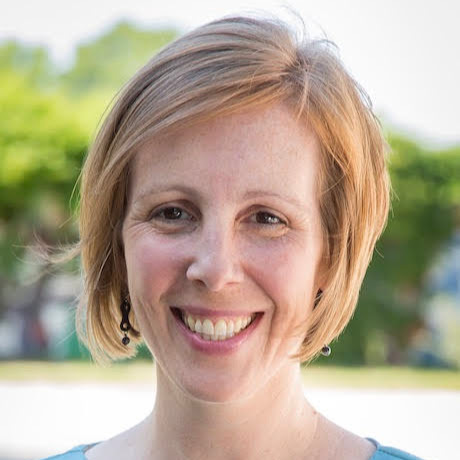
Rebecca Serna, Executive Director of the Atlanta Bicycle Coalition
Rebecca Serna has served as the Atlanta Bicycle Coalition’s Executive Director since 2007. She holds a Master’s degree from the Andrew Young School of Policy Studies in Urban Policy, specializing in Planning and Nonprofit Management. During an internship with the Georgia DOT’s Bicycle and Pedestrian program, Rebecca helped write the Bicycle and Pedestrian Safety Action Plan and monitored state projects for compliance with local bike plans. She draws on her experience as a Fulbright scholar in Bogotá, Colombia, where she studied participatory planning practices and innovative public transportation projects.

Anna Muessig, Gehl Architects
Anna Muessig is an urban planner and designer focused on using human-centered data to make cities for people. Since helping Copenhagen-based Gehl Architects start its San Francisco office in 2013, she has guided landmark projects for San Francisco’s Civic Center, created public realm action plans from Pittsburgh to Dhaka and developed new ways of measuring public life diversity and social interaction from Oakland to Melbourne. Anna holds a Master’s degree in City Planning from MIT.
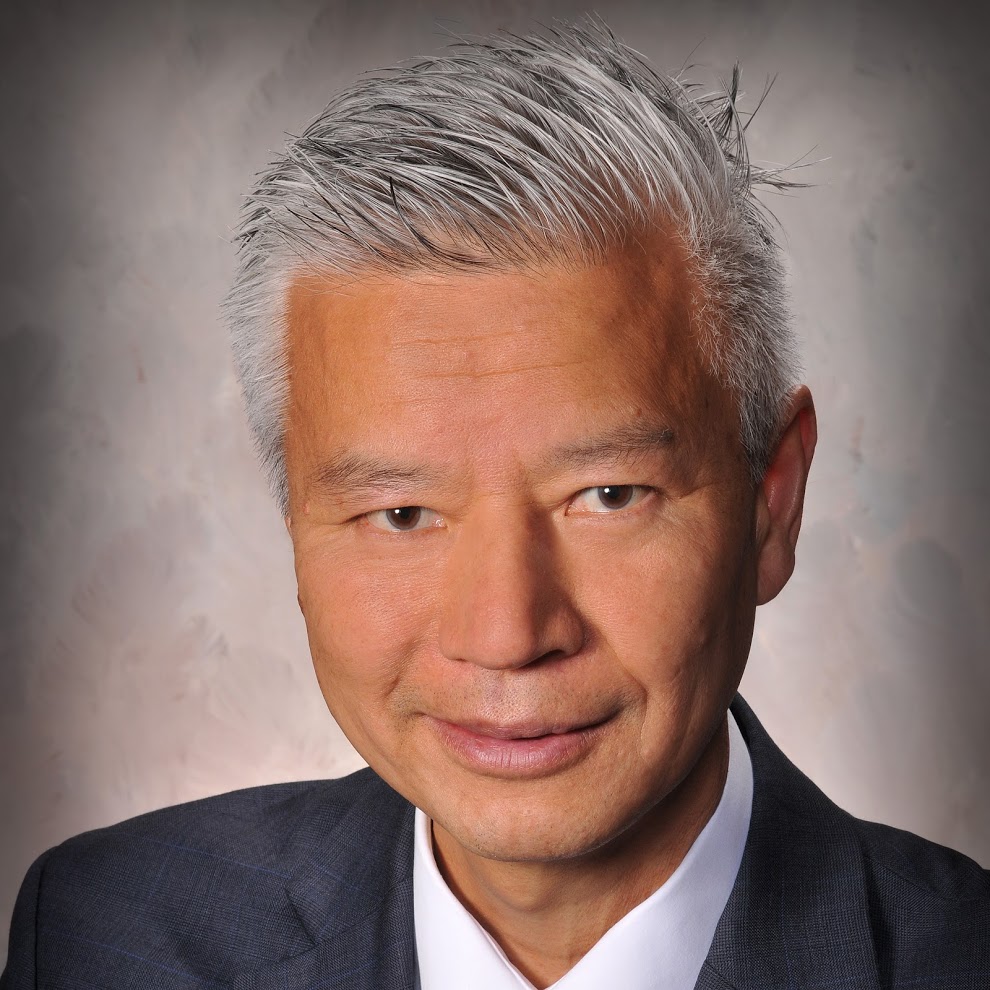
Dan Chen, Vice President of Transportation Safety Division, 3M
Dan Chen is vice president of 3M’s global Transportation Safety Division. 3M is a Fortune 500 diverse manufacturing company that applies science in collaborative ways to improve lives daily. As a senior leader, Dan drives global growth for 3M in the road safety and infrastructure industry. His professional experience includes research and product development, marketing and business development, strategy and management.

